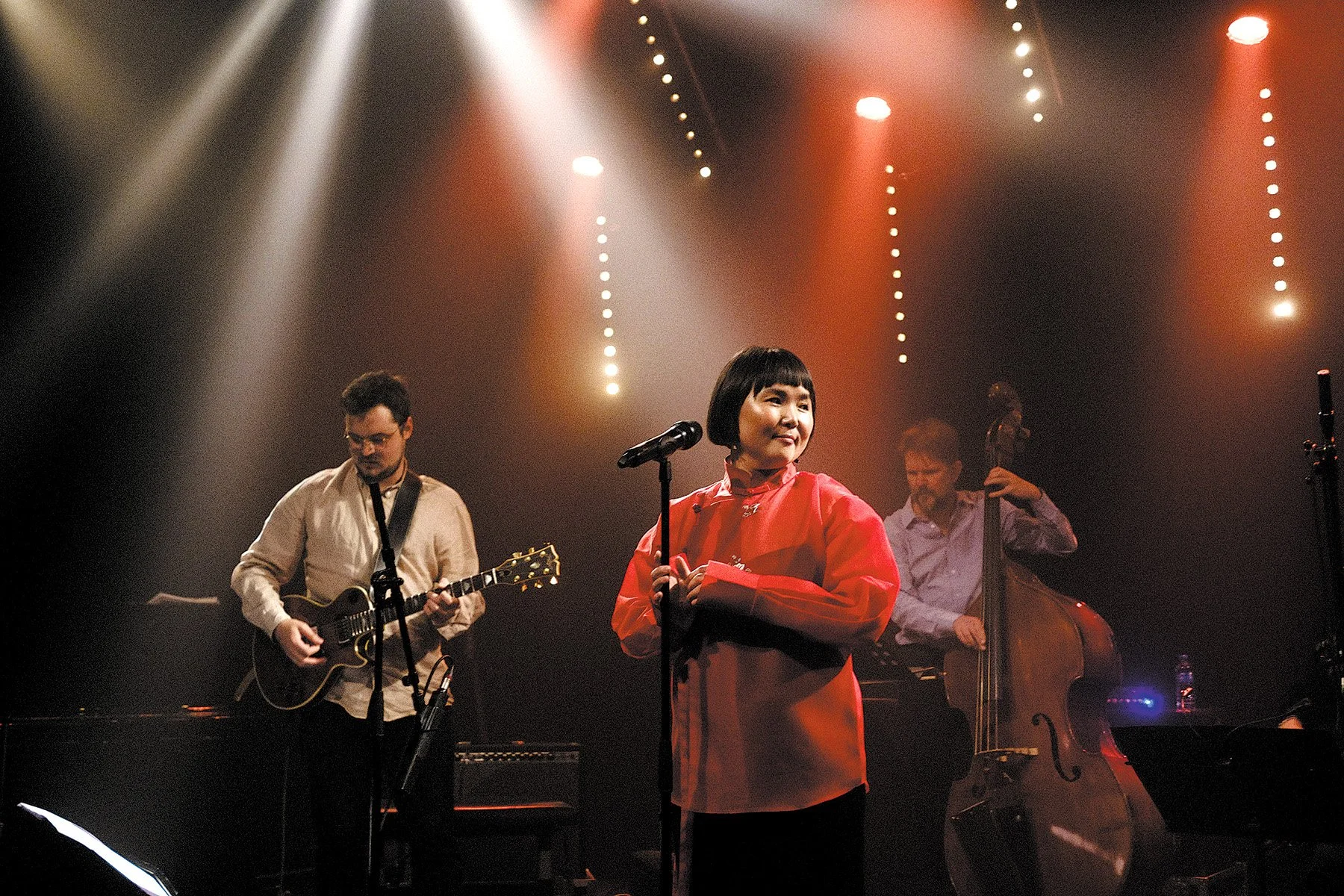Theme: Dissapearing cultures and communities
Af: Niels Bonde Jensen
17.05. 2023
Crossoverfrequencies.com
In collaboration with:
DJ Spincycle, Second To the Left, WORT 89.9 FM, Odense Musikbibliotek & Resonator.
In the Afghan film Khan-e tarikh (The House of History) from 1996, ruins in Kabul are shown, which previously housed important cultural institutions - museums, libraries, etc. - but have been destroyed as a result of the civil wars in the 80s and 90s. Thousands and thousands of documents and objects, each of which was an important piece in a history and the continued life of a culture, turned to dust. The film itself is a unique historical document - perhaps the only documentary produced by Afghan Film, Afghanistan's state-owned and monopolistic production company, during this period.
In the last episode of the podcast Crossover Frequencies, Ankur Malhotra, AKA DJ SpinCycle, on the other hand attempts to immortalize some other pieces from the disappearing cultures of the world before it's too late.
Among other things, he also turns his ears towards Afghanistan, where music is struggling due to the Taliban's systematic imprisonment and execution of musicians and the burning of instruments and recordings. However, he unearths a joyful memory from the past - an upbeat dance number by musician Gafur Khan on the stringed instrument dutar. And in this way, this little glimpse into a culture in a specific place, at a specific time, is now immortalized through the podcast's RSS feed and the internet's global network.
I ask Malhotra what role media and curators play in the preservation of these cultures and, most importantly, what exoticizing pitfalls one should avoid in the process:
"The role of the media has become larger and more important. People have tremendous access now - through phones, the internet, etc. - so the act of documentation itself has expanded. In that way, the curatorial aspect is also more important than ever," he answers and continues:
"It's about avoiding something being presented as the flavor of the day. One must respect that these cultures have centuries or millennia of history behind them. So it's about doing proper research - gaining an understanding of the traditions, communities, music, etc. - so that one can amplify the voices that are so distant that they would otherwise not be heard. In the end, it's about functioning as a channel for peoples who are in vulnerable positions."
This channel can thus take the form of a kind of digital museum: a cultural infrastructure that corresponds to the destroyed cultural infrastructure in the material reality by gathering the fragments and putting them together in new ways.
I ask Malhotra why it is important to preserve these historical documents and what the global community loses if they disappear:
"Many folk traditions have typically been oral traditions. So what has been documented is sometimes just a small snippet of a particular culture, but often these snippets are the last remaining documentation: whether it's a particular playing style, a specific genre, or in some cases, entire dialects and languages that are otherwise becoming extinct," he explains, pointing to the relevance for current and future generations:
"That's why it's absolutely essential for these snippets to be preserved because they serve as reference points for the people of that specific culture, but also because in some cases, they can lead to a revival of traditional instruments, musical treasures, etc." plains, pointing to the relevance for current and future generations:
The podcast series thus concludes with the timelessness at the core of the art of preservation and its unifying potential: by allowing the sounds of the past to resonate in the present, the foundation for the future music is secured.









Camilla Dayyani forener danske og iranske rødder på sit nye album Mine Miniaturer, hvor klassisk musik, jazz og persisk poesi mødes i et personligt og poetisk kulturmix. Læs portrættet af en kunstner, der bruger musikken til at bygge broer – mellem genrer, sprog og mennesker.